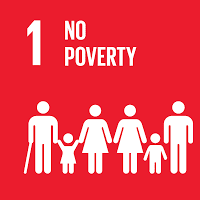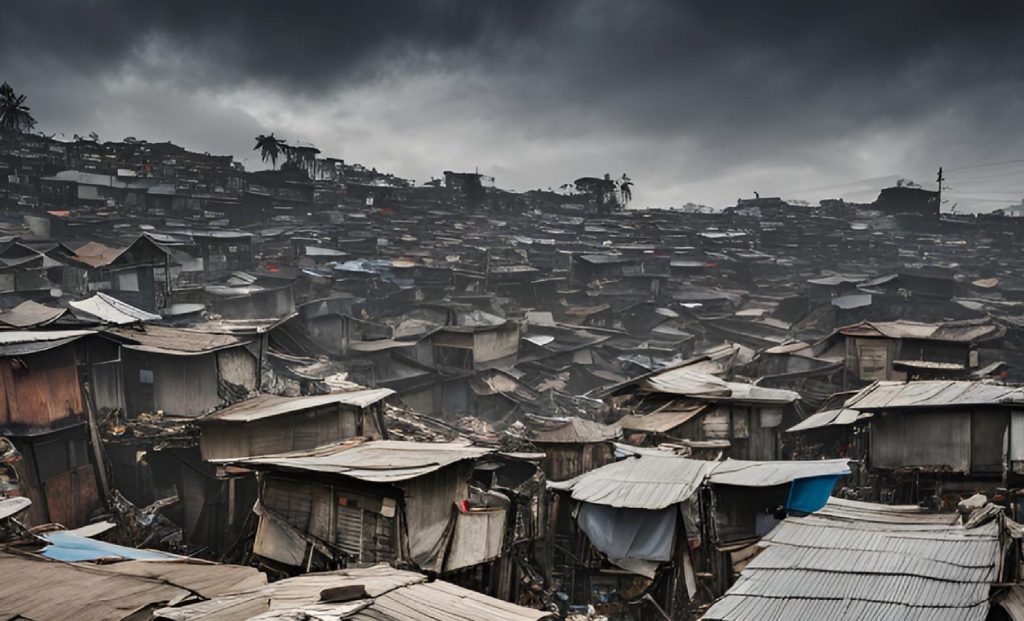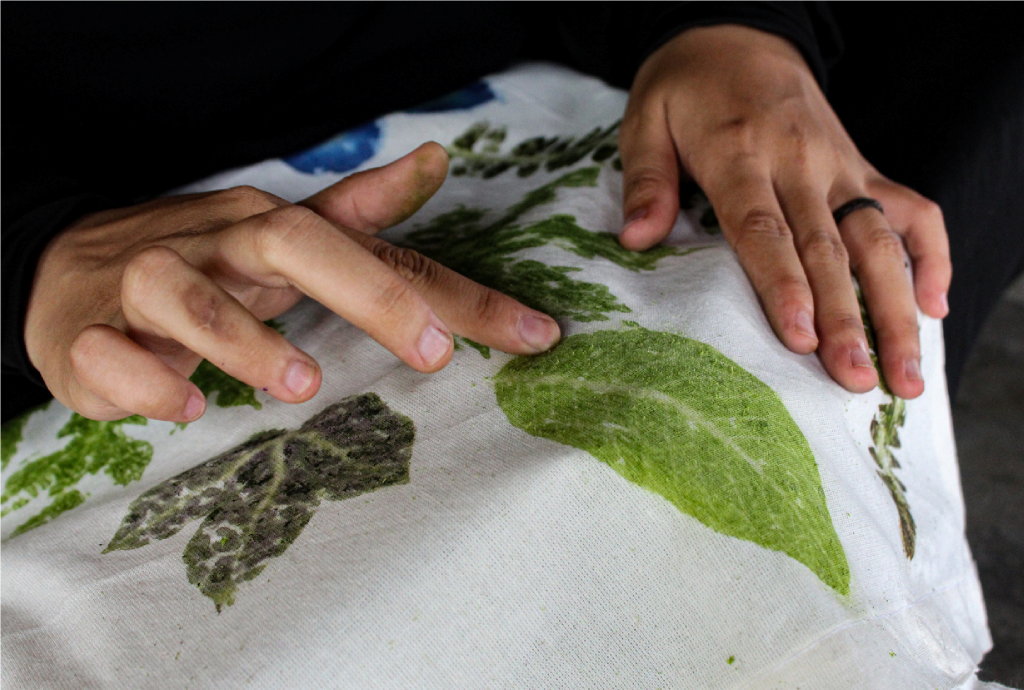
UGM SDG 1 REPORT:
END POVERTY IN ALL ITS FORMS EVERYWHERE
“ALL STUDENTS SHOULD HAVE EQUAL ACCESS TO EDUCATION”
UGM is dedicated to providing high quality education that upholds academic merit, diversity, independency, and inclusivity. This includes improving accessibility to education for students from all socioeconomic backgrounds, and especially for students coming from low-income families who struggle financially to complete their study. In August 2022, among the 2,552 UGM graduates, 19% came from low income families. This number increased in November 2022 by 33%, making the average graduates from low-income families 22%. This number should be maintained, as all students have equal rights to complete their study and those struggling financially must be supported.
The Directorate of Student Affairs offers scholarships such as Bidikmisi, affirmative programs such as Penelusuran Bibit Unggul Tidak Mampu (PBUTM), and various financial assistance. One looking for accommodation can apply to Rumah ZIS UGM, which provides free dormitories for students from low income families, or to the UGM Residence where dormitories are made available for students in their internship program. Students can also use the laptops and bicycles available on campus and seek living allowance support, legal assistance, and medical insurance. In addition, there are numerous research grants made available this year. To name only a few; there is the Gadjah Mada International Fellowship (GMIF), Kemitraan Negara Berkembang (KNB), and Non-Aligned Movement (NAM) Scholarship 2023.

“COMMUNITY EMPOWERMENT PROJECTS AND ASSISTANCE FOR SMEs”
One of The Three Pillars of Higher Education is Community Service. UGM’s renowned community service programs are held annually and engage both student and teaching staff to be a part of the university’s contribution to develop local communities throughout Indonesia. The community service program acts as a platform to engage with the local community. This includes assisting Small and Medium Enterprises (SMEs) as well as start-ups to develop and maintain their businesses through community empowerment projects.
These projects often take the form of training and workshops. On one such occasion, UGM collaborated with the BPOB to hold a training for the management of Tourist Villages near Borobudur. The eight villages that attended this training joined discussions on management of tourism products, opportunities and challenges in developing tourism in the area and how to find the right solutions. These villages have unleashed environmental potential such as farming, forests, culture, and homestays. Though there are challenges in coordinating the caretakers, community, and local government and institutions, once this is bypassed, there is great potential to increase economic growth, erase poverty, as a solution to unemployment, and push the welfare of local residents.
There are instances where communities in Indonesia are stunted in their growth due to the lack of infrastructure, lack of literacy, and digital systems that are not yet effective. In order to optimize their socio-economic potential, UGM participates in increasing digital innovations. In the Province of Mahakam Ulu, UGM held an FGD with government office BAKTI Kominfo to map the potential of the community in order to strengthen benefits from digital and infrastructure through digital development. This is a matter that cannot be done alone, requiring commitment from institutions and commitment to regulations, technology readiness, and socio-cultural modal.

Overall Report for SDG 1 to 17
UGM annually reports its achievements in implementing “Tri Dharma” and its contribution to society through Dies Natalis UGM, which is conducted at the end of each year by inviting all academic staff and students as well as the university’s partners. UGM also publishes a Sustainable Development Report annually.
- UGM’s SDGs Report 2023
